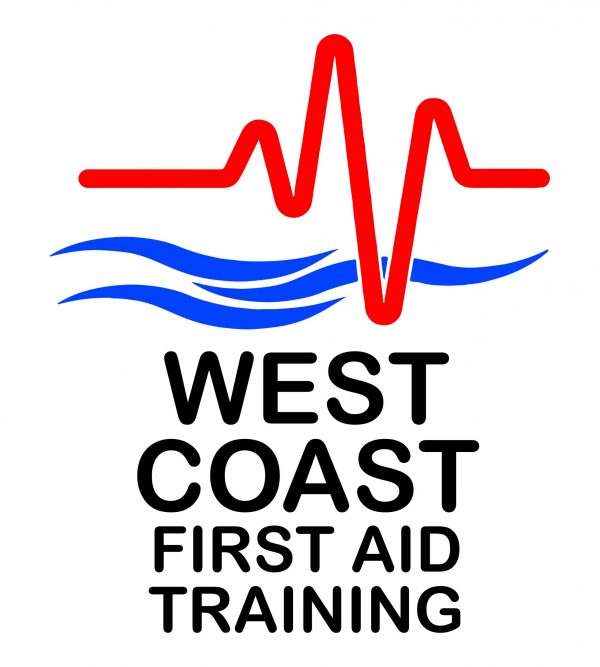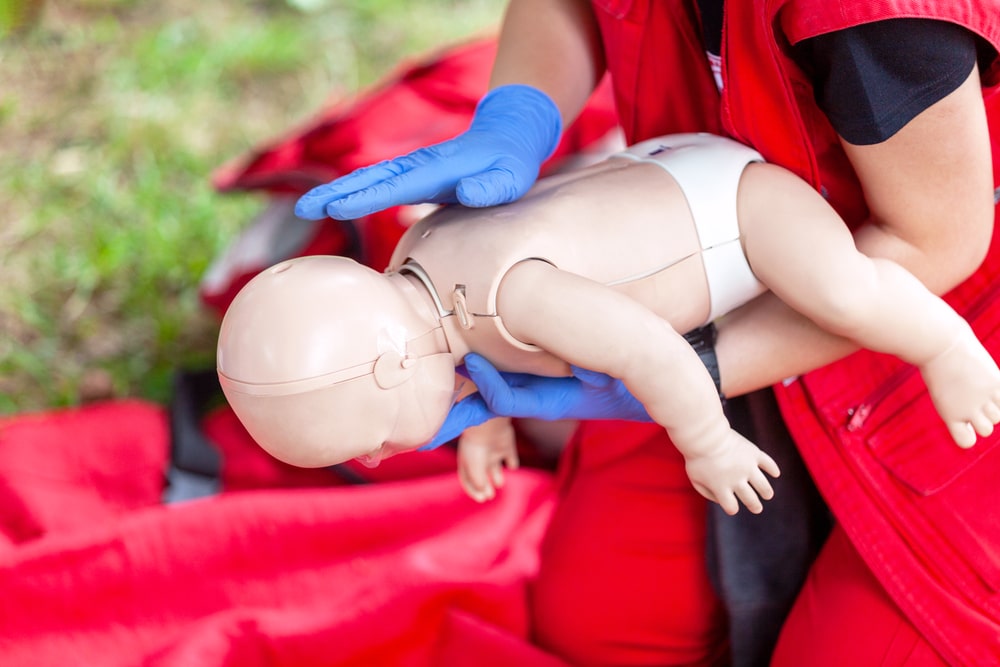


Parenting, at every stage of life, is a tough task. It can become difficult to manage children, especially during their childhood days, when they are more vulnerable. Most parents must agree on the constant pressure to keep an eye on them. One of the many responsibilities of a parent is to keep their children safe and healthy. Since children are always curious and can be naughty, accidents or unfortunate events might occur. In such circumstances, the parents need to know childcare first aid. This knowledge can come in handy and be a life-saving skill in emergencies.
There is a major difference between a child’s first aid and an adult’s. When it comes to children, it is again different for infants and toddlers. This difference is mainly due to the age and the body structure. Since the child is still changing regarding growth and bone development, it is important to ensure that primary care is administered immediately. Moreover, the children also fail to understand the importance of primary care and may not cooperate. Thus, it is important to treat them with care and patience.
Life with children can be unpredictable and can take a difficult turn at any time. In such conditions, the knowledge of first aid is highly recommended for parents. Taking up a childcare first aid course might be one of the best ways to learn first aid skills for the benefit of your children. Here are some of the first-aid skills that every parent must know –
Cardiopulmonary resuscitation, or CPR, is a commonly used first aid procedure that can be life-saving in emergencies. For example, it can be used in cases of cardiac arrests or acute respiratory blockage, where the heart stops pumping blood into the body. Without the pumping of the blood, the other vital organs, such as the brain, stop receiving oxygen, in which case, the child may even lose their life. During CPR, the parent can artificially induce breathing via the mouth-to-mouth technique and manually push the chest to induce manual heart pumps. This can help provide oxygen to the brain while professional health care services arrive.
Small children, especially during teething, habitually put everything in their mouths. However, they may also have small items, such as marbles or toys, that can get stuck in their windpipe. This causes the child to choke and may even be a blockage in the breathing process. In such a case, the parents can use the Heimlich maneuver to remove the blockage and help the child. In this technique, the parent must hold their child from the back and wrap their arms firmly around them from both ends. Make a first and place it right below the sternum, where the abdomen starts. Now, the parent must push strongly in an upward and inward direction. This will help the choked object escape the child’s throat.
Children often end up hurting themselves during play or learning new activities. This may result in minor cuts, bruises, or wounds. Cleaning and managing some of these wounds at home is very easy. The first step is to clean the wound and the nearby area. You can easily do this with the help of an antibiotic soap and water. Once the area of the wound is clean, apply an antiseptic ointment on it. Repeat this process two to three times a day till the wound closes and begins to heal. Remember not to cover the wounds unless they are sharp cuts, which can cause pus formation.
The management of sprains, muscle pull, and ligament tests differ from the first aid of other body parts. Due to sudden jerks during sports, children can easily have any of these. Hairline cracks and fractures can also be a possibility. In this situation, the first thing to do is to isolate the area and restrict the movement. You can easily do so with the help of the pink crape band-aid or a cloth. Next, parents must check for bluish or blackest discoloration or swelling in childcare first aid. In this case, the parents must visit the doctor for a follow-up.
Flames often attract children. So it is easily possible for them to hurt themselves with a hot item or while learning to cook. Parents must conduct the primary steps of childcare first aid for burn management in the circle. The first thing to do is put the affected area under running cold water. Next, the parents were supplied with burn ointment gel over the area. In the case of extensive bones, it is important to visit a doctor at the earliest possible.
Allergic reactions in certain cases can also be life-threatening. Some common allergic reactions include sudden rashes, redness of the area, expensive sneezing, etc. Keep in mind how and when their children are getting this reaction. This can help them understand what causes the allergy in their children. Furthermore, in childcare first aid, the parents must avoid allergy-causing things.
The parents must learn basic Healthcare management as it can be handy with their children’s anytime. Some of these are –
Vomiting: One of the many reasons for vomiting is acidity. It can be acidity if your child has not eaten in a long time or is vomiting due to an empty stomach. In this case, giving your child cold milk can help.
Constipation: Giving your child fibrous food can help eliminate constipation and improve bowel movement.
Diarrhea: Diarrhea can popularly occur due to eating contaminated food. In case of minor diarrhea, giving rest to the stomach by consuming light food such as soups and rice can help cure it.
Enrolling in a childcare first aid course might be the best way to learn more about it and understand the necessary techniques. The knowledge of childcare first aid is something that every parent must know. It cannot only help provide preliminary treatment but can also help save your child’s life in emergencies. Getting treatment one time can help in ensuring the best prognosis.